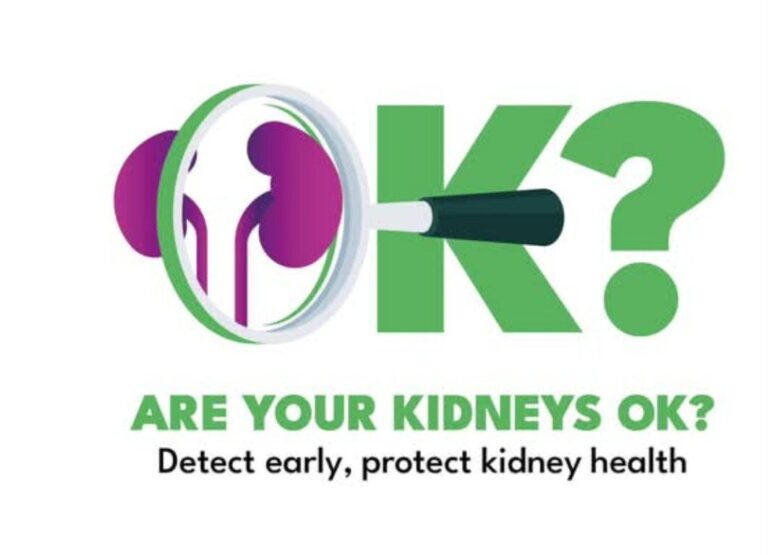Tabriz Set to Host Exciting International Symposium on Children’s Utopia
Get ready for an exciting event as Tabriz, the capital of East Azarbaijan Province, prepares to host an international symposium titled ‘Kid’s Utopia’ from May 14 to 15. This symposium will focus on creating child-friendly cities, emphasizing the importance of designing spaces that cater to the needs of children and their families. With a strong emphasis on modern architecture, artificial intelligence (AI), and smart city initiatives, this event is set to be a pivotal gathering for stakeholders invested in child development and urban planning.
The ‘Kid’s Utopia’ symposium aims to promote the realization of child rights at the local level by bringing together a diverse group of participants, including municipal governments, civil society organizations, the private sector, academia, media, and children themselves. The initiative seeks to foster a collaborative environment where knowledge and best practices can be shared, particularly in the context of developing child-friendly cities.
- Enhancing Scientific Knowledge: The symposium will provide a platform to review and evaluate research projects related to child-friendly urban planning.
- Building Capacity: Participants will have the opportunity to develop capacity for child-friendly city projects, equipping them with the necessary skills and resources.
- Encouraging Private Investment: The event will create avenues for private sector investment in child-centered urban projects.
This gathering is not just an academic exercise; it aims to foster genuine interactions among experts, policymakers, urban managers, architects, urban planners, students, and professors. By sharing their experiences and insights, participants can contribute to a more robust understanding of how to address the needs of children in urban environments.
Addressing children’s needs and ensuring their participation in urban planning is vital for creating a safer, more sustainable, and inclusive city for all. The symposium represents a significant step toward improving the quality of life for children and establishing better urban conditions for future generations.
Understanding Child-Friendly Cities
Every child deserves to grow up in an environment that safeguards their well-being, provides access to essential services, and allows them to play, learn, and express themselves. A child-friendly city is designed to create equal opportunities for all children, focusing on:
- Inclusivity: Identifying marginalized and vulnerable children and understanding the barriers they face.
- Accountability: Clearly defining responsibilities for implementing child-friendly initiatives and ensuring that stakeholders are held accountable.
- Transparency: Fostering openness in decision-making processes to enhance public trust and participation.
In order to create a child-friendly city, it is essential to establish a system that promotes public participation in decision-making, ensuring local accountability for children’s rights. Governments must also undertake legislative, administrative, and other measures to uphold these rights to the fullest extent of their resources, often working within the framework of international cooperation.
The process of building a child-friendly city must be responsive to the needs of affected children and families. It requires a flexible management approach to anticipate and adapt to changing circumstances, ensuring sustainability over time. By prioritizing the voices of children in urban planning, cities can create environments that not only support their well-being but also benefit the entire community.
As the ‘Kid’s Utopia’ symposium approaches, the commitment to fostering child-friendly cities is clearer than ever. The convergence of diverse stakeholders will undoubtedly lead to innovative solutions and actionable plans that prioritize the rights and needs of children. This event serves as a reminder that by investing in our children, we are investing in the future of our cities.
Join us in Tabriz for this crucial dialogue on the future of our urban spaces and the well-being of our children. Together, let’s work toward creating environments where every child can thrive.






